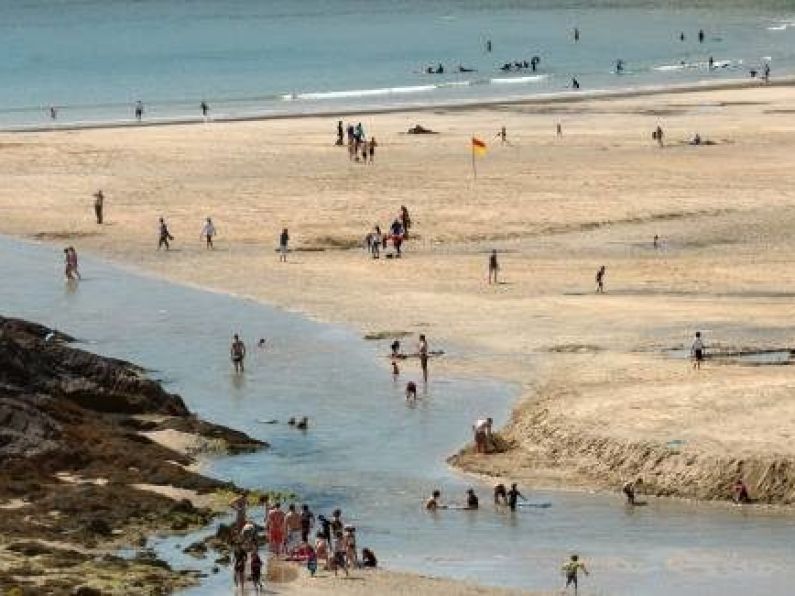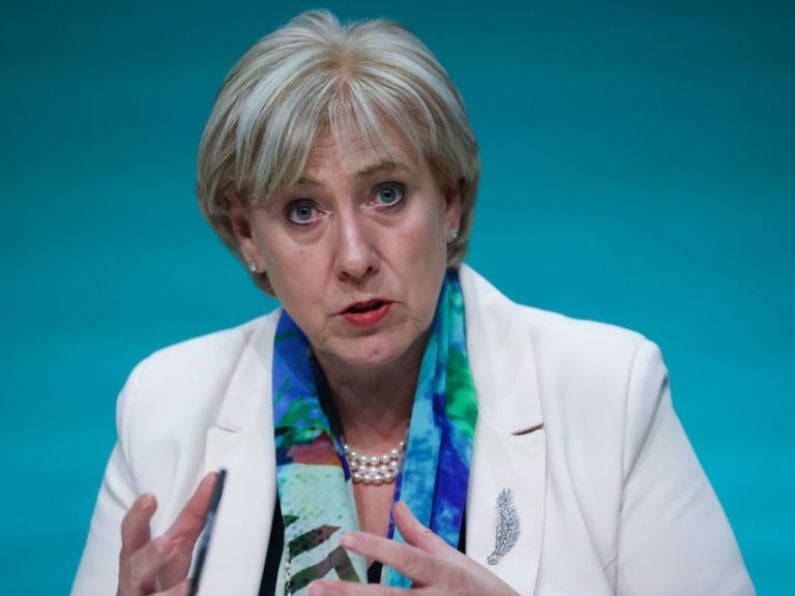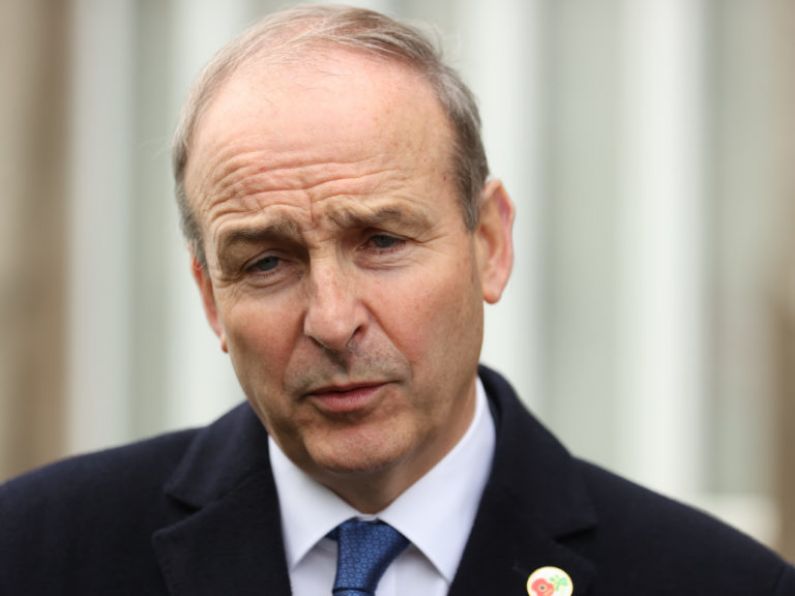James Cox
20% of Irish adults are planning to travel in the next three months despite Covid-19 restrictions, according to Finder's Travel Index.
Significantly more people are now planning to travel domestically than they were one month prior, while international travel plans have increased marginally.
14 per cent plan to travel domestically in April, May or June, compared to nine per cent who said they had travel plans in March, April or May — an increase of five percentage points.
Meanwhile, international travel plans rose by just one percentage point — from seven per cent to eight per cent.
Senior writer at Finder James Martin says more people are planning trips with some restrictions set to ease this month.
“People are starting to think about what their post-lockdown travel plans might look like,” said Martin.
Domestic travel
“We’ve seen increased demand in particular for domestic travel in April. In our February survey, just two per centof respondents had domestic travel plans for April but in the March survey that figure hit six per cent.
“As things currently stand, there will be a loosening of travel rules on April 12th which will open up more county-wide travel. Some will even be able to cross their county boundary.
“Once restrictions are eased, it wouldn’t be a surprise to see the figures keep trending upward due to pent up demand.”
While the number of people intending to travel is increasing in Ireland, the country still lags behind some of its global counterparts.
Ireland ranks 15th out of 18 countries for the percentage of people planning to travel either domestically or internationally, ahead of only the UK (19 per cent), Spain (19 per cent) and Canada (13 per cent).
Malaysia has the highest percentage of people planning to travel (39 per cent), followed by India (38 per cent), Russia (36 per cent) and The Philippines (35 per cent).






